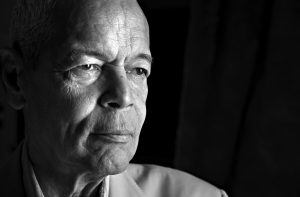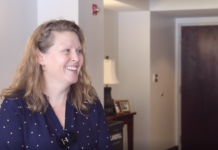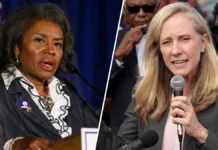
Thanks to the generous donations of as many as 350 donors, the University of Virginia was able to announce the initiation of the Julian Bond Professorship of Civil Rights and Social Justice within the College and Graduate School of Arts & Sciences last Thursday.
The professorship, originally proposed by former professor of history Paul Gaston, honors Julian Bond’s legacy as a prolific civil rights leader, politician, scholar, and writer.
Bond was one of the original leaders of the Student Nonviolent Coordinating Committee (SNCC) while a student at Morehouse College. In addition to serving as chairman of the N.A.A.C.P., he also spent 20 years in the Georgia General Assembly. In his later years, Bond taught at universities such as UVa, where he taught for 20 years in the Corcoran Department of History.
According to Ian Baucom, Dean of Art & Sciences at the University, the professorship will not only honor Bond but also advance the teaching of scholarship related to the Civil Rights movement for future generations of students at UVa.
Baucom credited the coming together of alumni, parents, and friends for the achievement of a goal to raise $3 million to bring to life what he called, “the vision of an endowed chair designed to sustain and advance scholarly excellence on the Civil Rights movement and to honor the legacy of one of its most distinguished leaders.”
“In an era when the rights of citizens are still questioned, the legacy of Professor Bond will be a beacon that shines hope for all those who are treated unjustly. Endowing a chair in his honor will enable students for years to come to have the ability to study civil rights and human rights,” said Baucom, reading from a letter written by the lead donor to the professorship.
The announcement of the professorship was made at a two-day symposium October 20-21 organized in tribute to Bond, who died last year at the age of 75. Entitled “Keep the Movement Coming On,” the symposium sought to honor the life and legacy that Bond created within the Civil Rights movement of the 1960s and beyond.
















